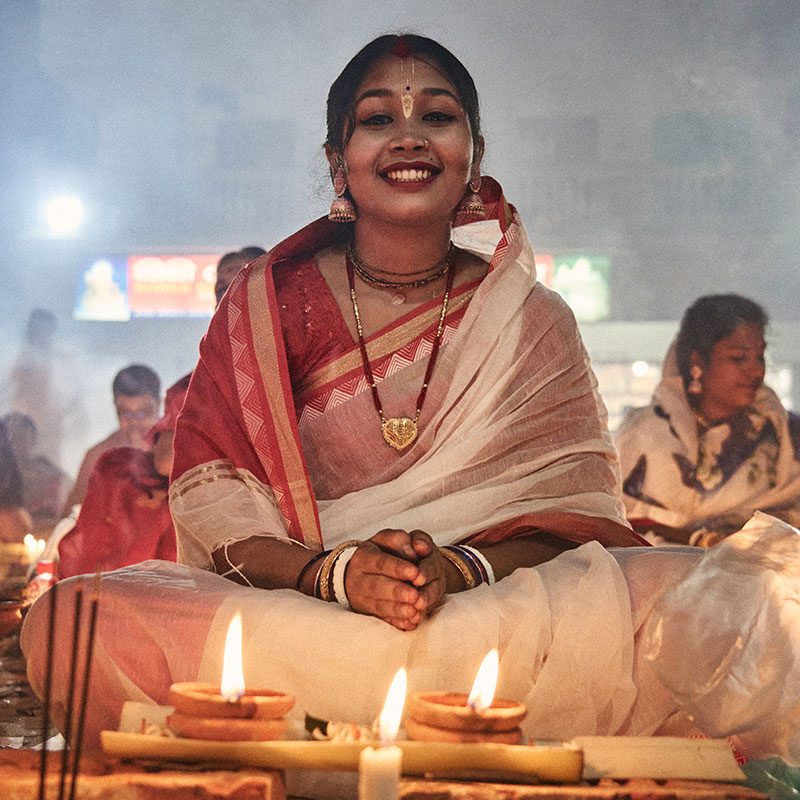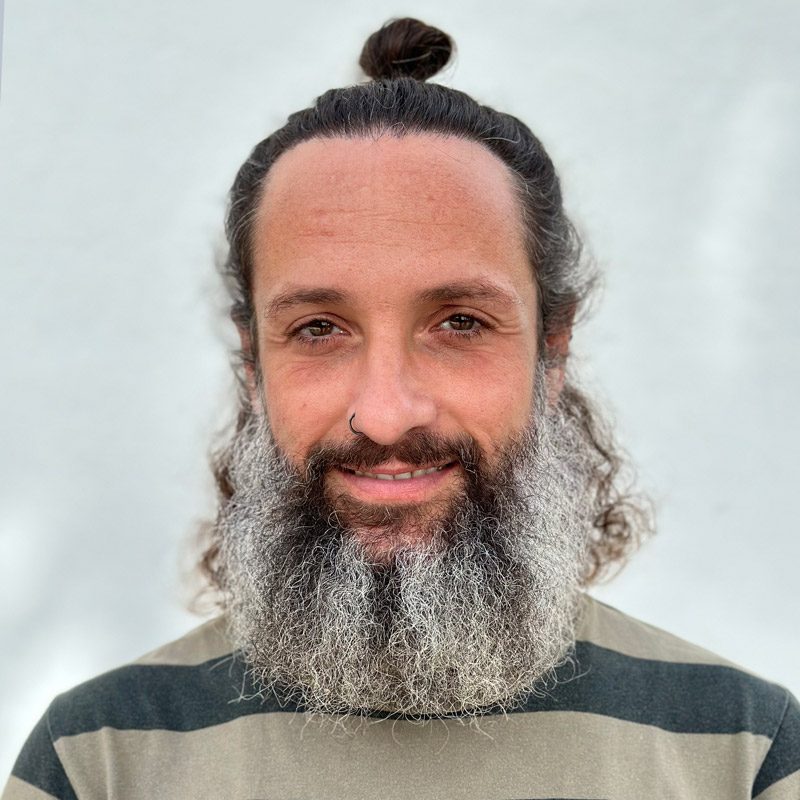Rakher Upobash Festival is one of the most significant and visually striking festivals of Hinduism in Bangladesh. Primarily celebrated by the Hindu community, this ritual of fasting and prayer is held in honor of Baba Lokenath, a saint revered for his wisdom, ascetic life, and teachings of compassion and devotion. The festival, also known as the "Kartik Fast," takes place during the month of Kartik (October-November), which is considered sacred in the Hindu calendar.
Origins and Spiritual Meaning of the Rakher Upobash Festival
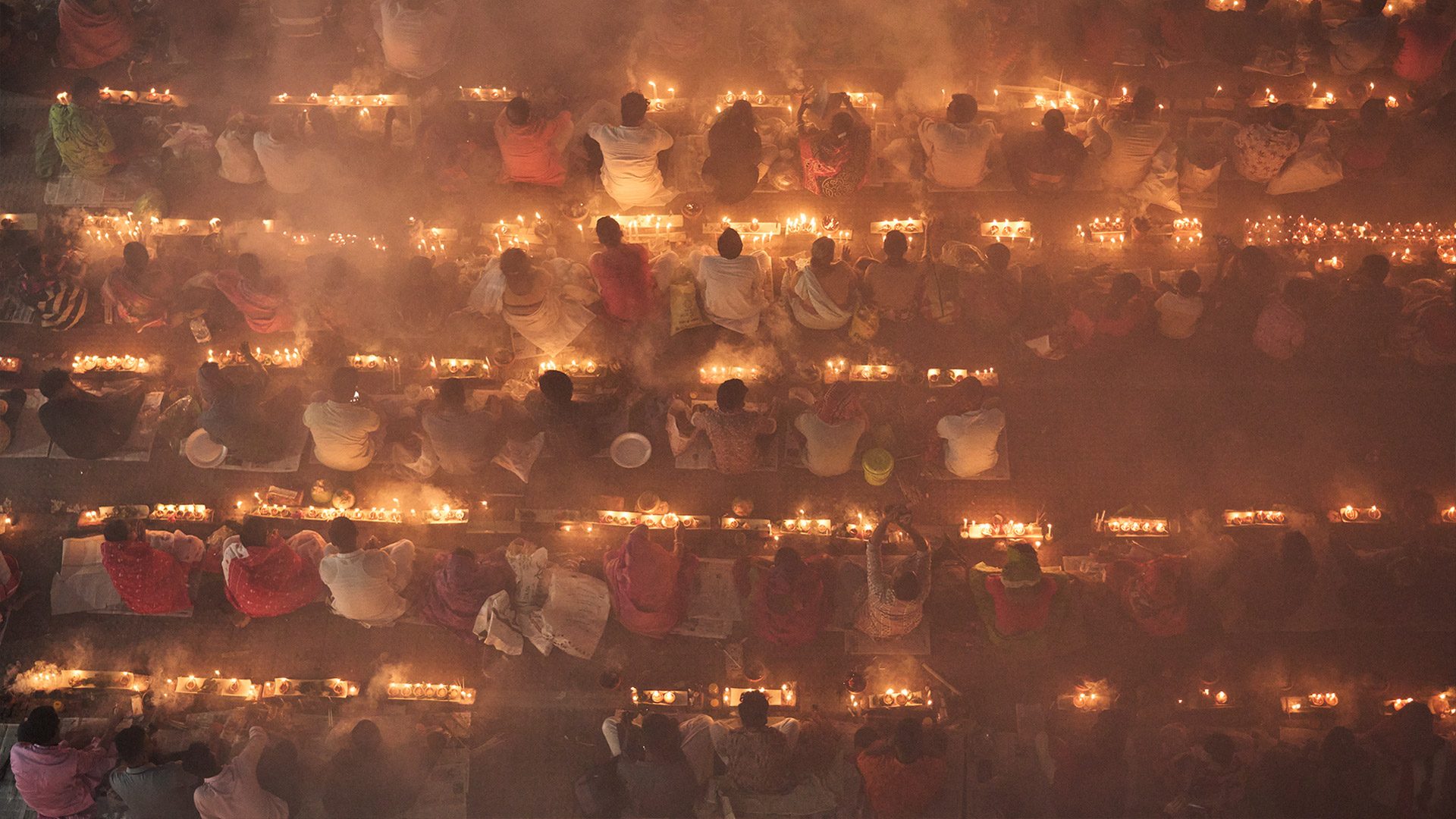
The Rakher Upobash festival is deeply connected to the figure of Baba Lokenath Brahmachari (1730-1890), a Hindu sage who achieved almost divine status among his followers. Lokenath preached simplicity, devotion, and selfless service. It is said that his mantra was: "Those who come to me with faith and devotion will never leave with empty hands."
The fast of Rakher Upobash is a way to show devotion, gratitude, and hope for the protection and blessings of the saint. Devotees believe that fasting and praying during this period bring peace, health, and prosperity to their homes.
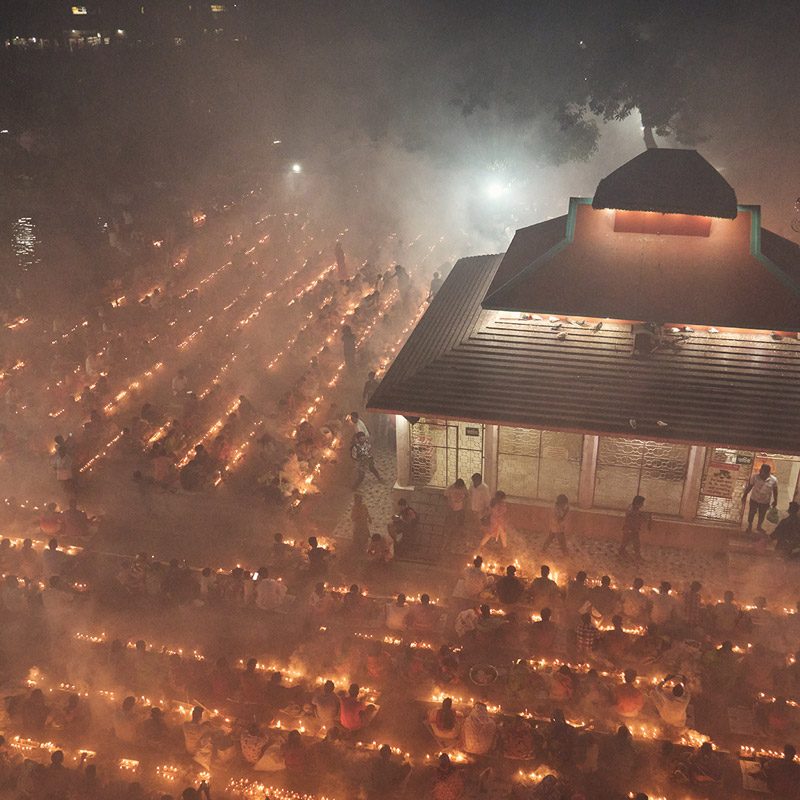
The Ritual: Light, Faith, and Fasting
During the Rakher Upobash festival, Hindu temples and homes in Bangladesh are illuminated with thousands of small oil lamps, known as "pradip." The Lokenath Brahmachari Ashram Temple in Dhaka becomes the epicenter of the celebration, drawing devotees from across the country.
As evening falls, the faithful sit in rows in front of the tiny flames, forming a sea of light. They place the lamps on banana leaves or mats, along with offerings of fruits, sweets, and flowers. During the fast, which lasts all day, devotees recite prayers and mantras in honor of Baba Lokenath. The act of lighting the lamps symbolizes the victory of light over darkness, both literally and spiritually.
The atmosphere is serene and mystical: the scent of incense, the murmur of prayers, and the soft glow of the flames create an ambiance of deep contemplation and spirituality. Many devotees remain in meditation as the lamps burn, seeking inner peace and strength to face life's challenges.
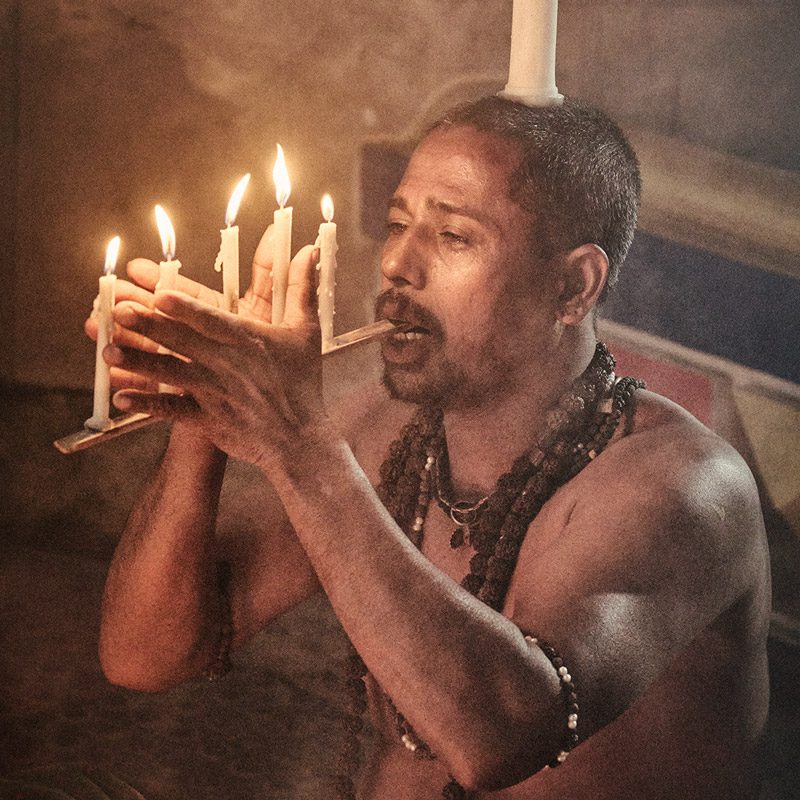
Cultural and Social Significance of the Rakher Upobash Festival
Rakher Upobash Festival is not only a religious event but also an expression of cultural identity and social cohesion for the Hindu community in Bangladesh. In a Muslim-majority country, this festival represents religious diversity and peaceful coexistence among different communities.
The celebration also has a community aspect: families gather, share food after the fast, and strengthen their social bonds. Temples organize charitable activities, distributing food and clothing to the needy, in line with Baba Lokenath's teachings of compassion and service.

Visual and Cultural Impact
Photographers from around the world come to document Rakher Upobash Festival, drawn by the stunning scene of hundreds of devotees surrounded by lit lamps. Images of people sitting in silence, illuminated by the soft glow of the flames, have become an iconic symbol of the festival and Hindu spirituality in Bangladesh.
In conclusion, Rakher Upobash is much more than just a fast: it is a manifestation of faith, community, and tradition. Through light, prayer, and personal sacrifice, devotees renew their connection with the divine and their cultural roots, keeping alive a tradition that transcends generations and borders.
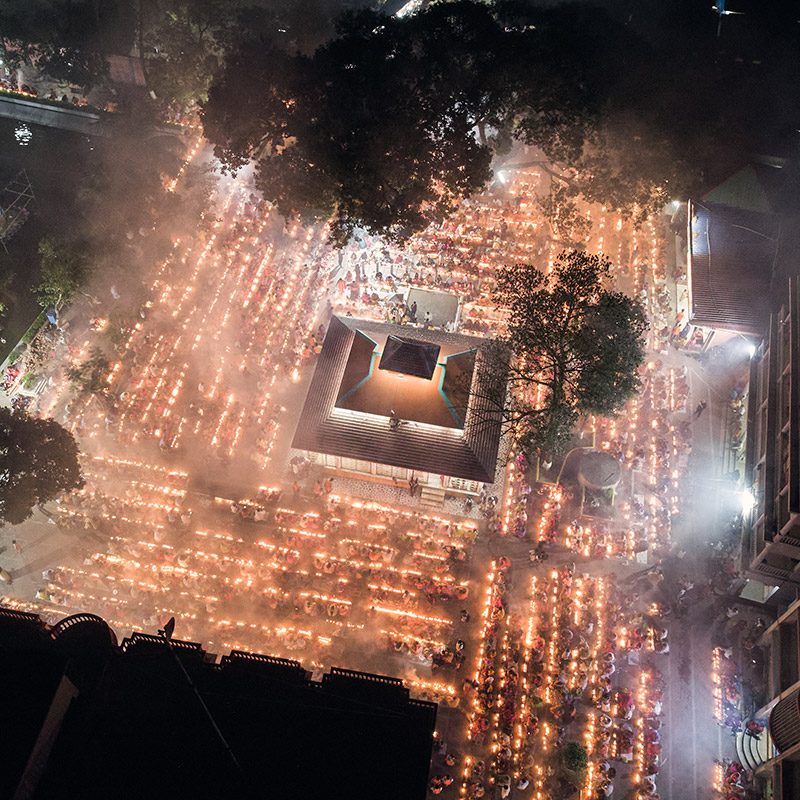
Do you want to attend the Rakher Upobash Festival?
Discover ourtrips to Bangladesh and experience first-hand the Rakher Upobash Festival. Click here to discover all trips to Bangladesh.

© Photos by Héctor Ruiz Golobart taken in the Rakher Upobash Festival during a trip to Bangladesh.
